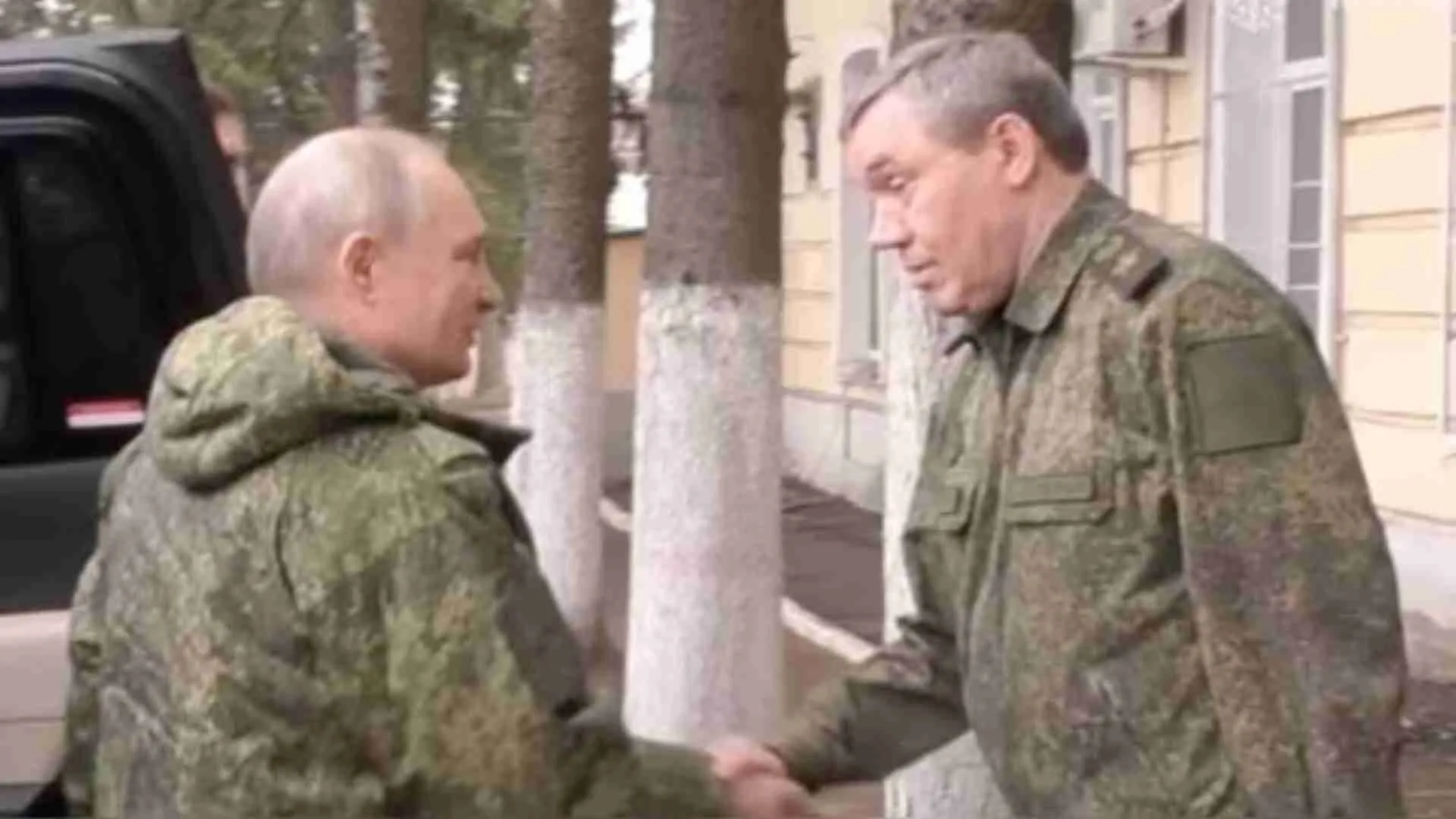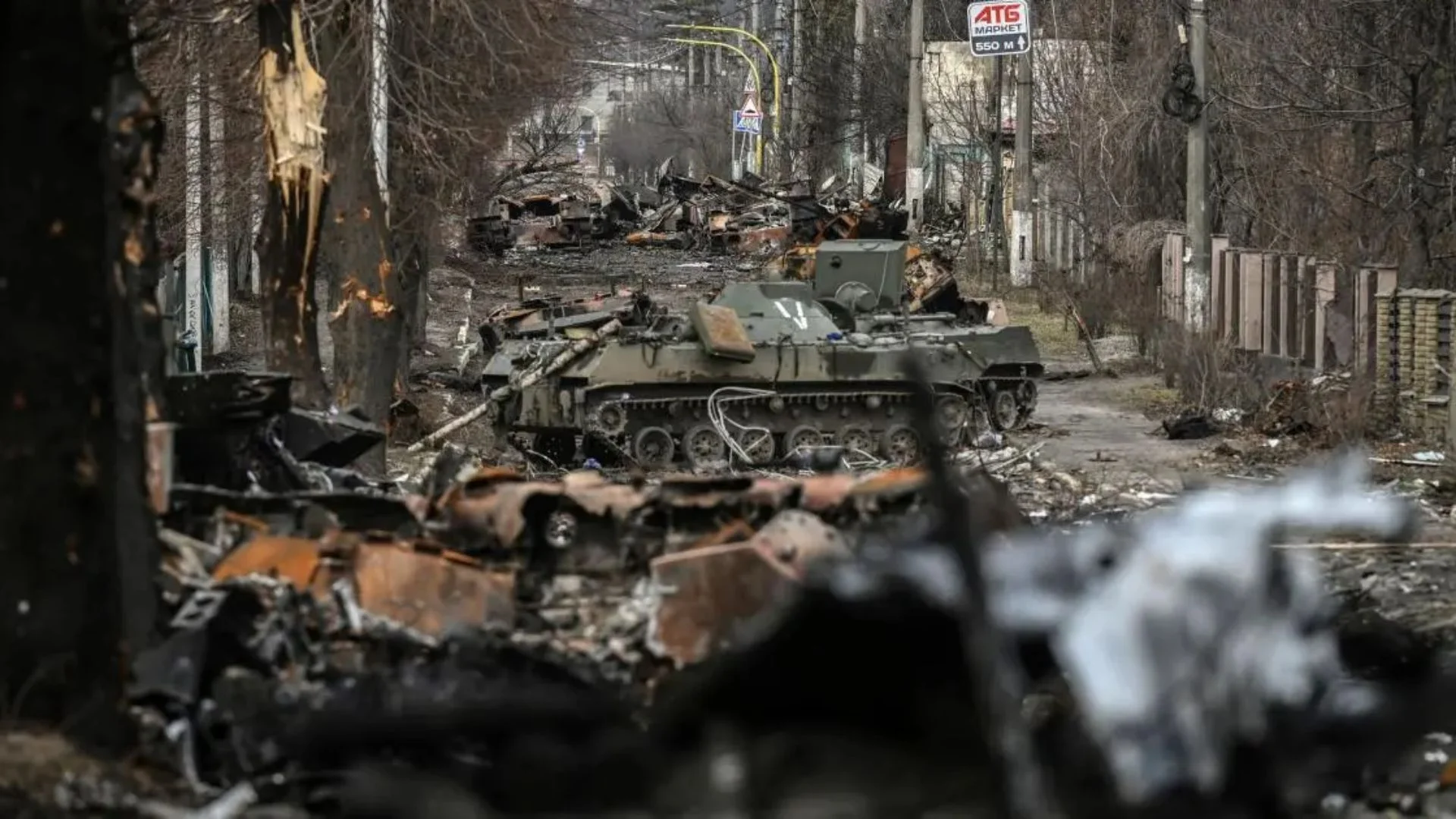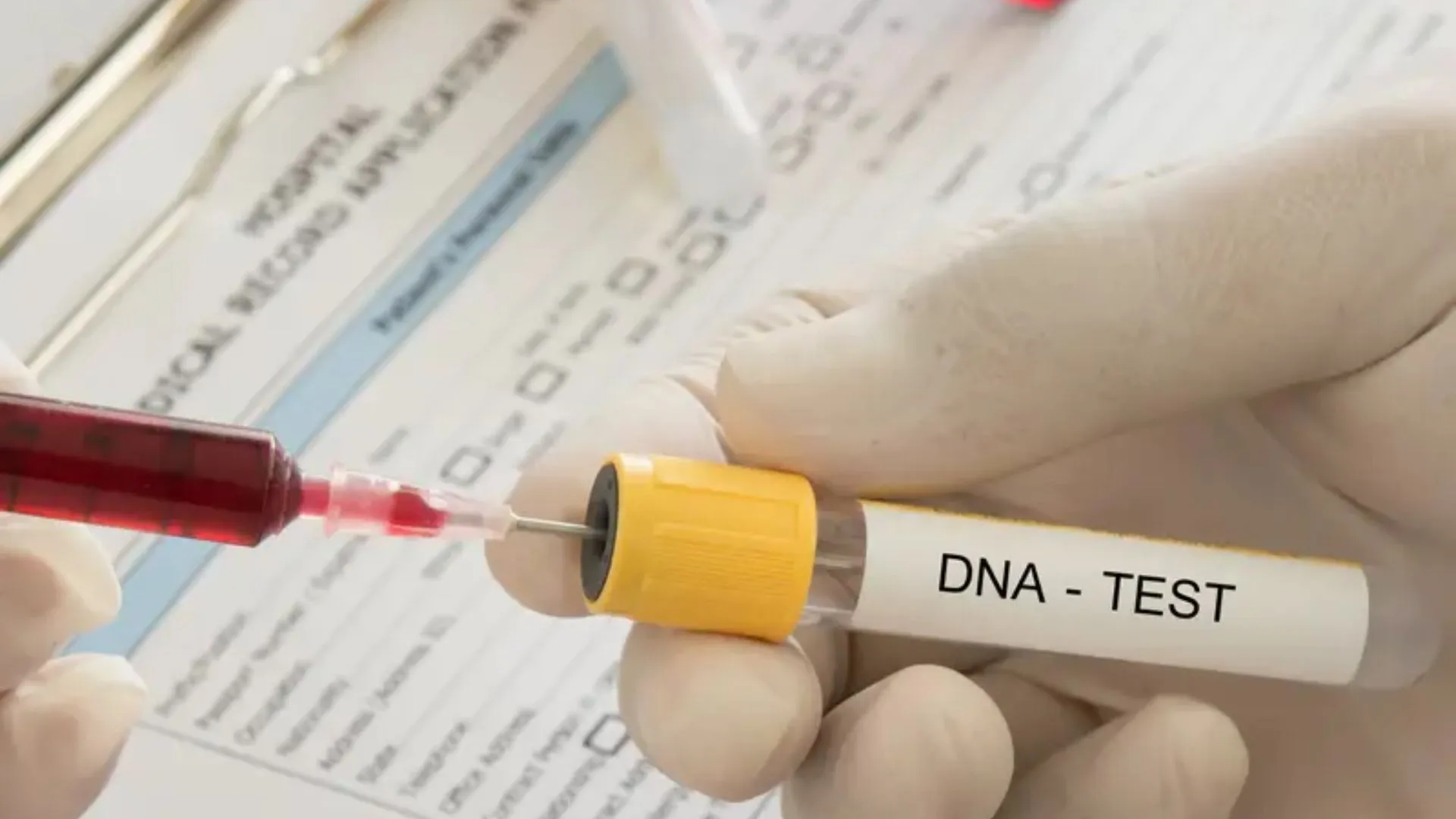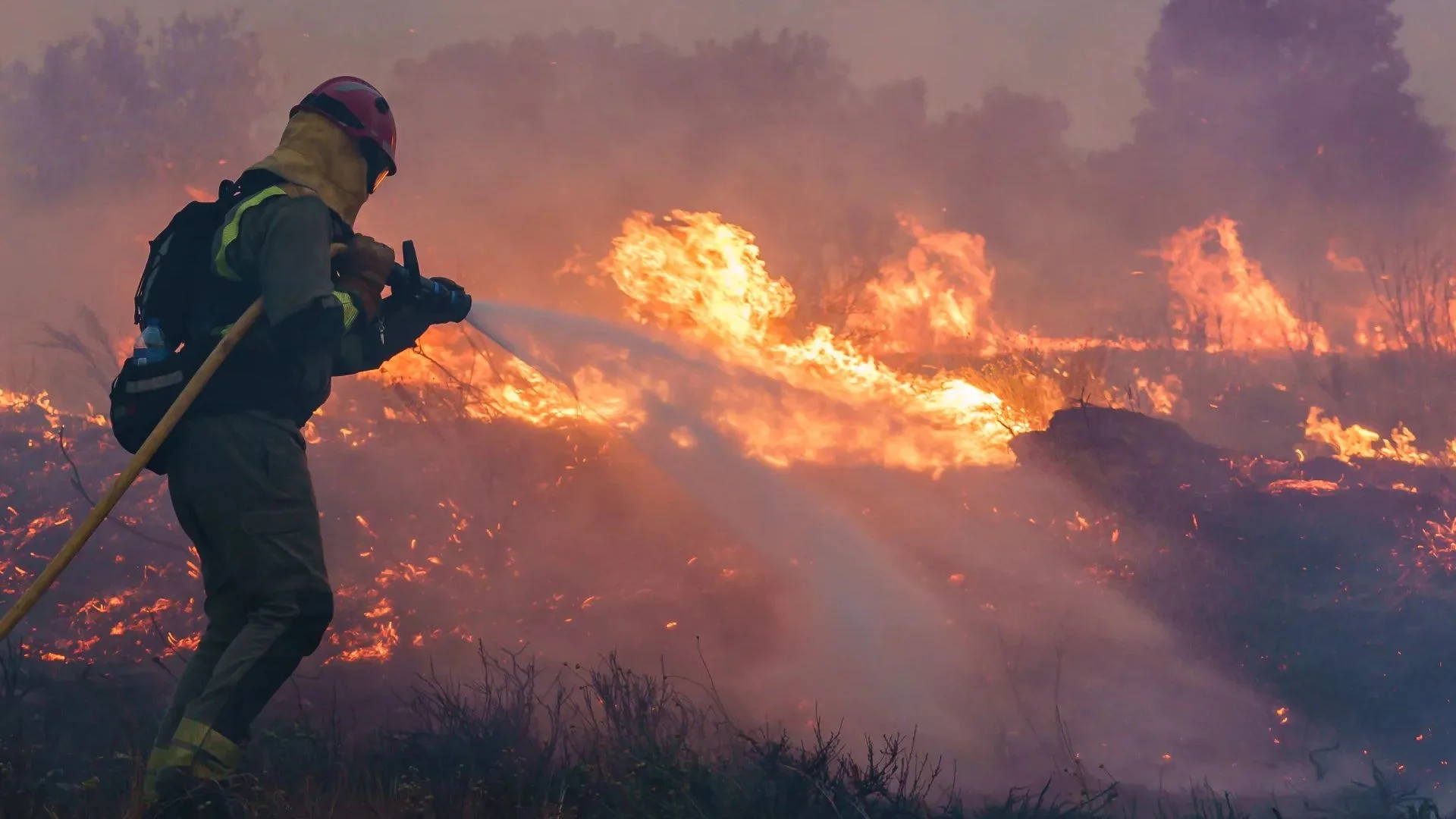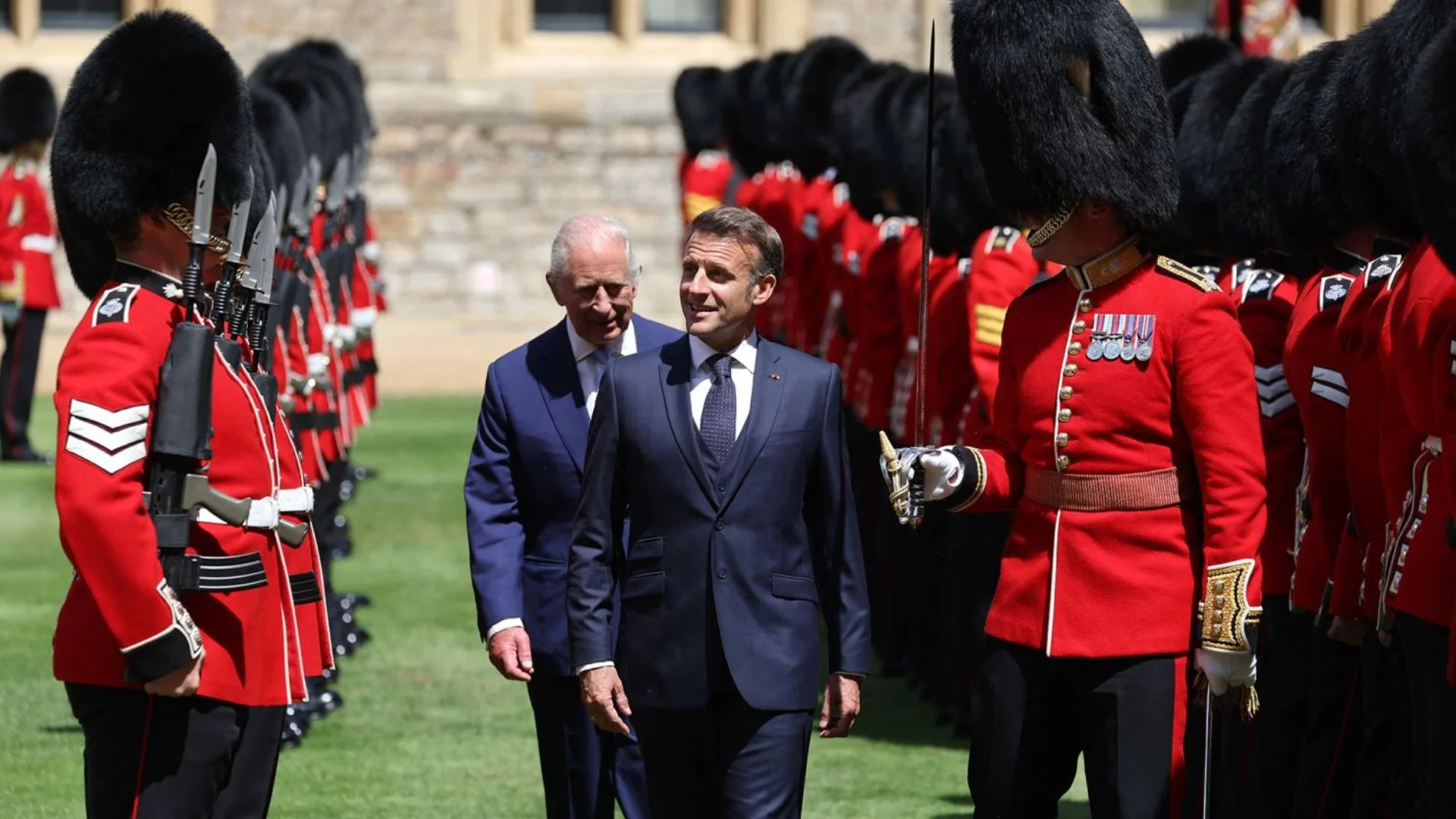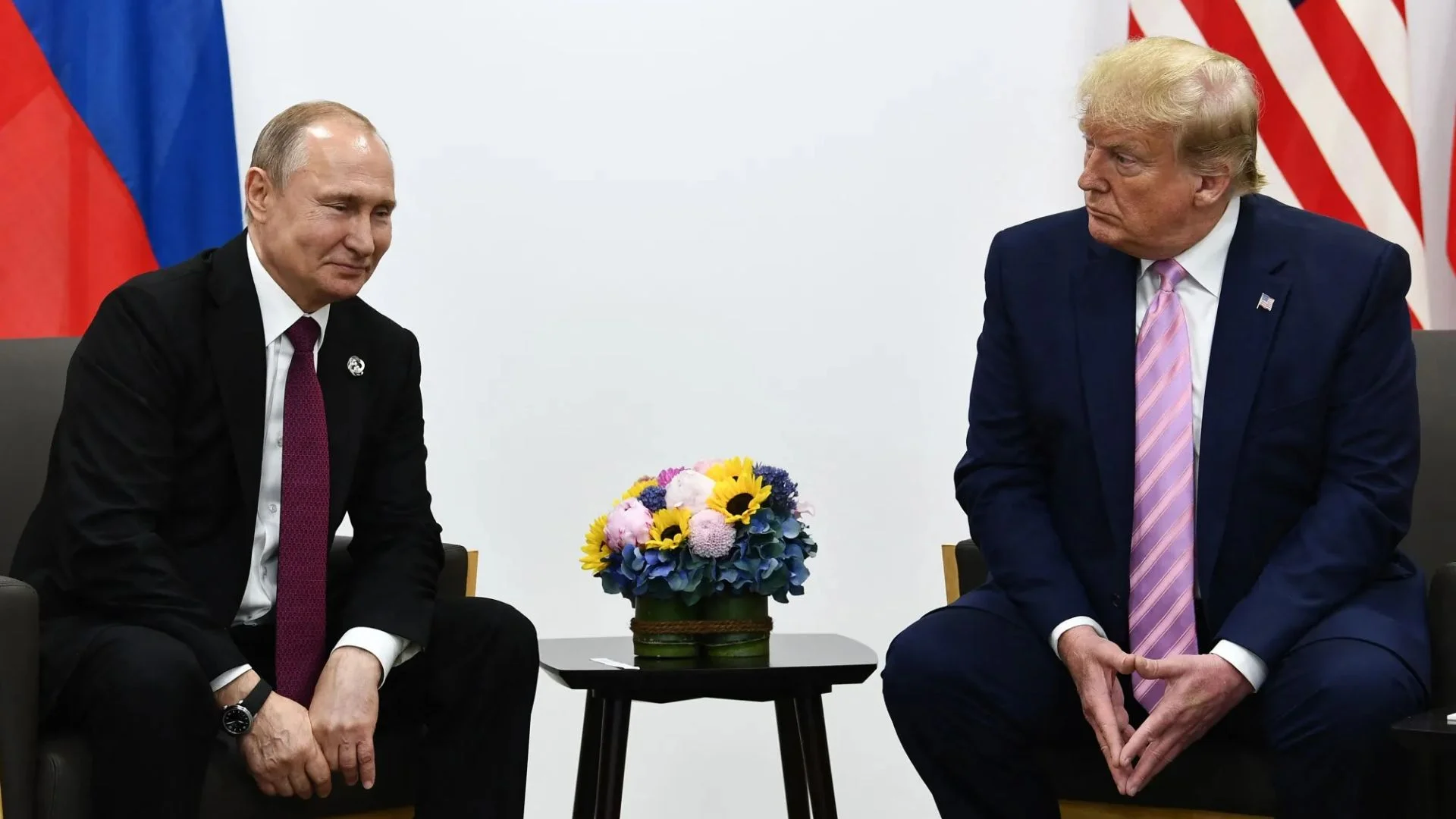Russian President Vladimir Putin made his first visit to Kursk since Ukraine’s August incursion into the border region, ordering his troops to expel Ukrainian forces “as soon as possible.” This directive comes ahead of an American delegation’s arrival in Moscow to negotiate a ceasefire aimed at ending the ongoing conflict.
Return to Kursk Amid Rising Tensions
In August 2024, Ukrainian troops made a surprise incursion into the Kursk Oblast, capturing a small part of the Russian border region. Ukraine intended to use this territory as leverage in future peace negotiations. Now, as Putin tours a Kursk command post in full military camouflage, he stresses the urgency of liberating the region from Ukrainian control.
Military Orders and Tough Stance
Addressing his troops, Putin declared, “I am counting on all our combat tasks to be fulfilled, and the territory of the Kursk region will soon be completely liberated from the enemy.” He further warned that any captured Ukrainian fighters would be treated as terrorists under Russian law. Recent Russian counterattacks have reportedly reclaimed most of the seized area, including the town of Sudzha, along with hundreds of Ukrainian soldiers.
Ceasefire Negotiations on the Horizon
Simultaneously, an American envoy, Steve Witkoff, is set to travel to Moscow with a ceasefire proposal. The deal, backed by the United States, calls for an immediate 30-day ceasefire—with the possibility of extension upon mutual agreement—and a resumption of military aid and intelligence sharing with Ukraine. Ukrainian President Volodymyr Zelenskyy has confirmed Kyiv’s acceptance of the proposal, emphasizing that the ceasefire is contingent on Moscow’s agreement.
US President Donald Trump has added pressure, warning that failure by Russia to halt hostilities may trigger “devastating” financial sanctions. “Our people are heading to Russia as we speak, and hopefully, we can secure a ceasefire,” Trump stated from the White House, acknowledging that while some positive signals have been received, the situation remains precarious.

